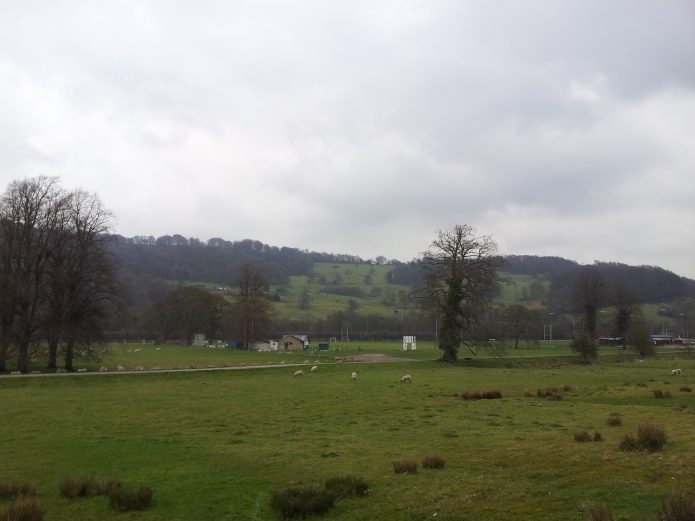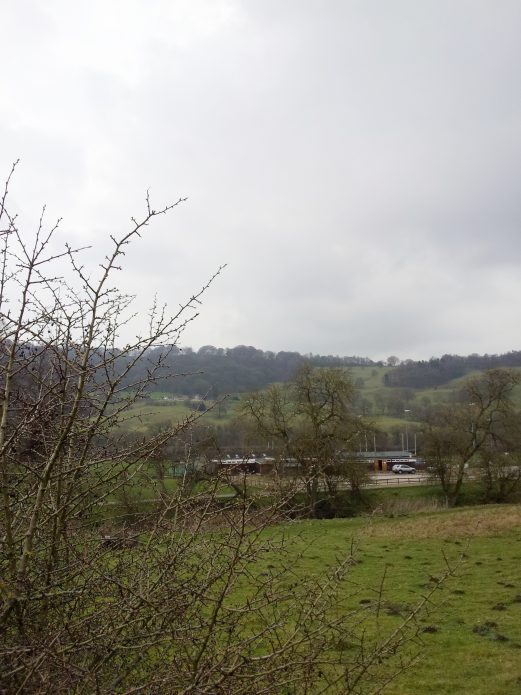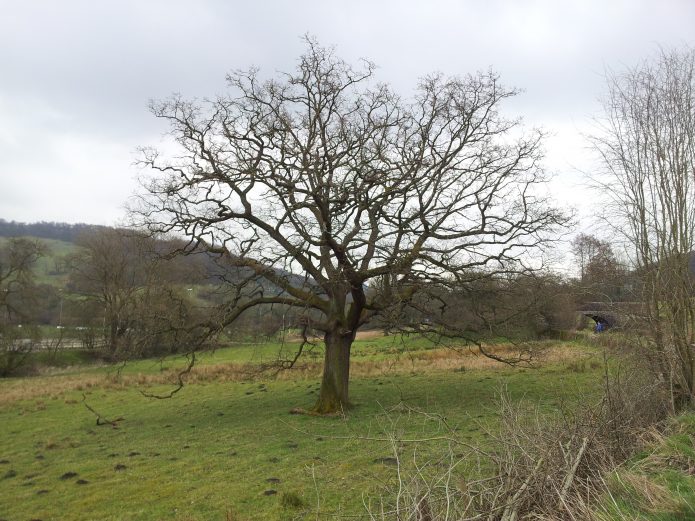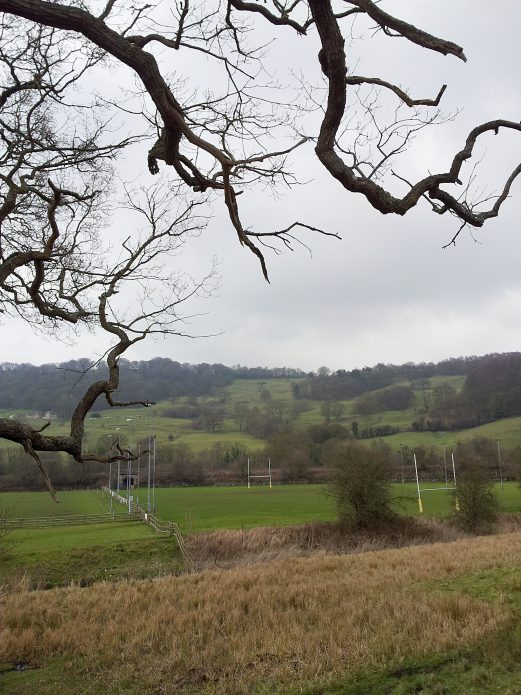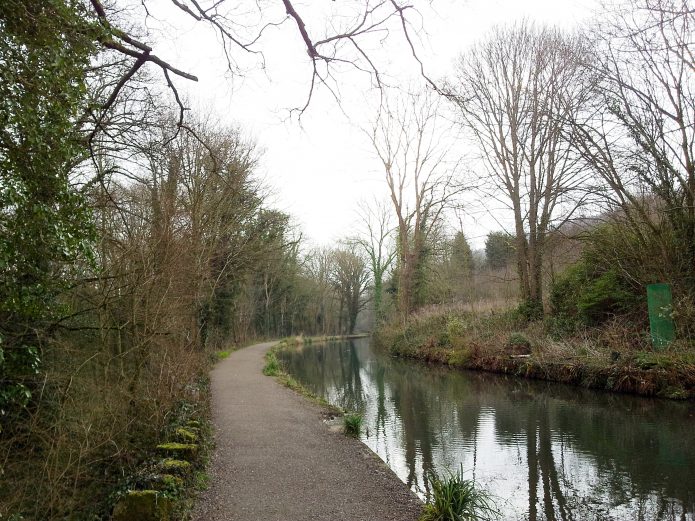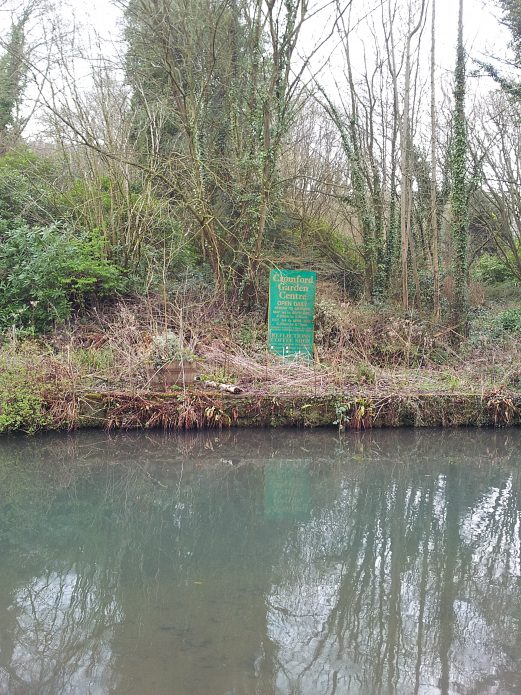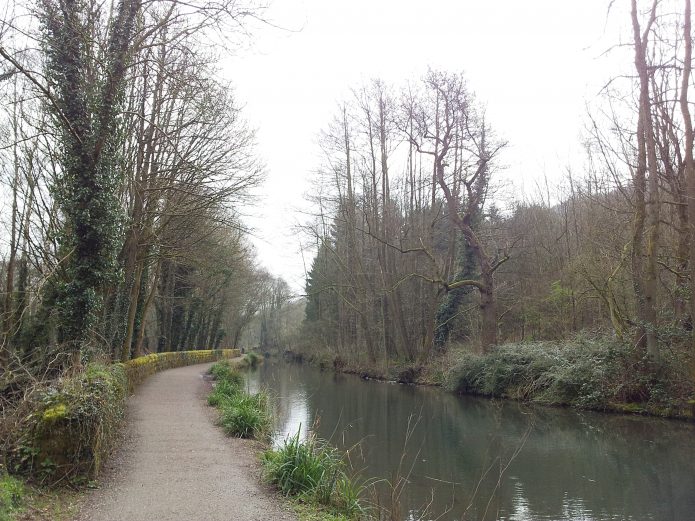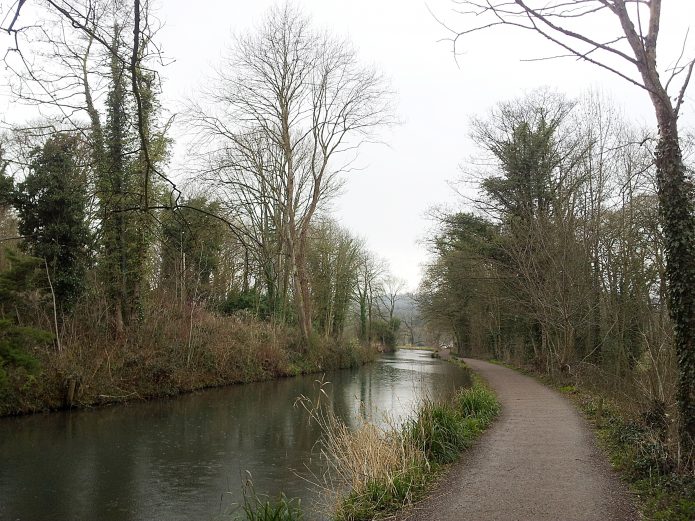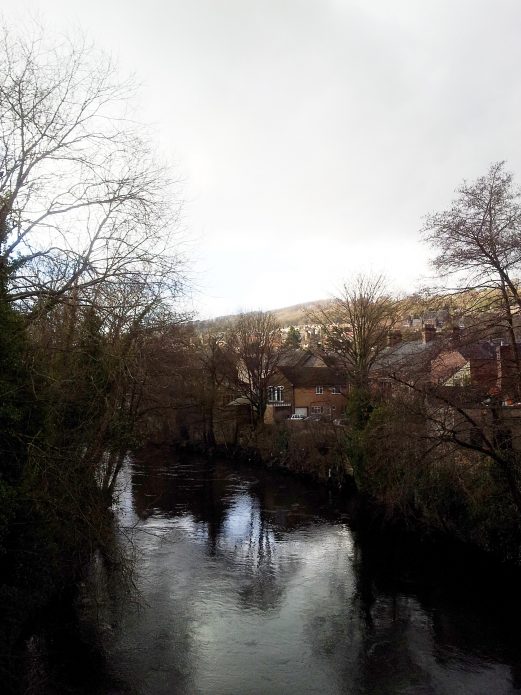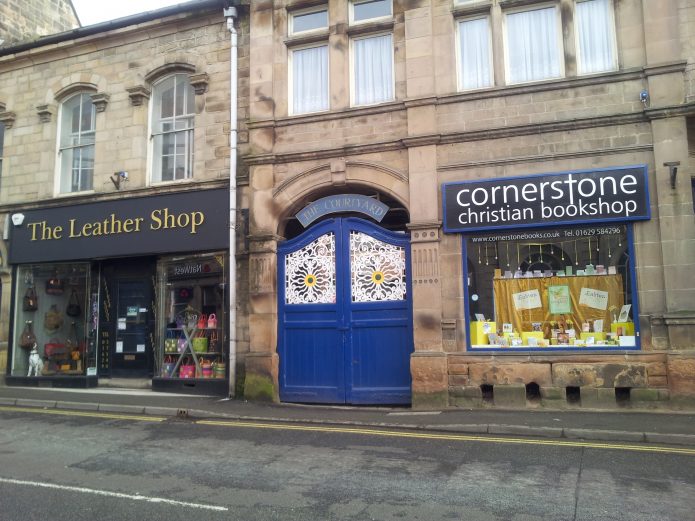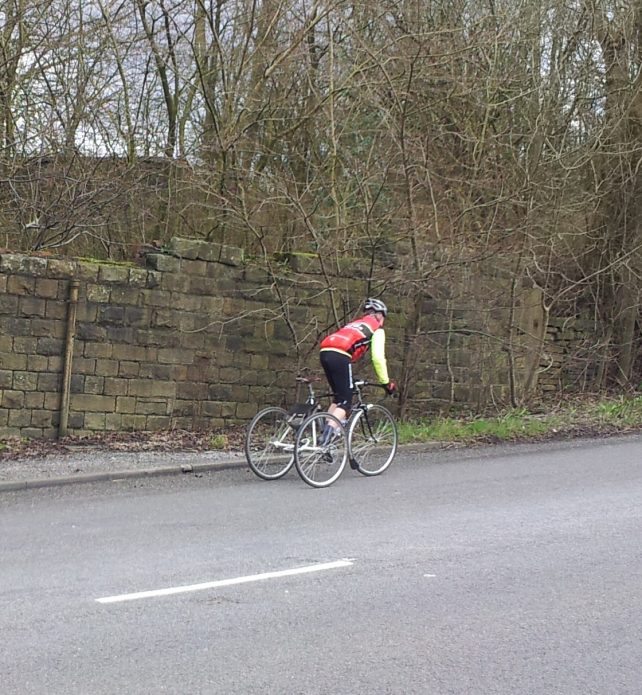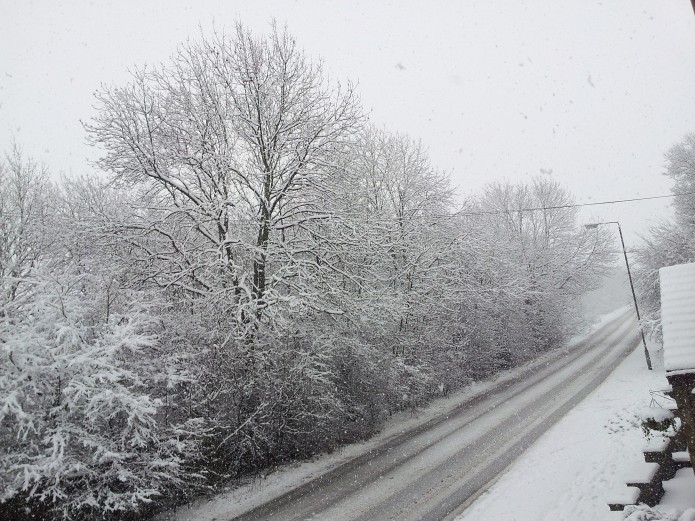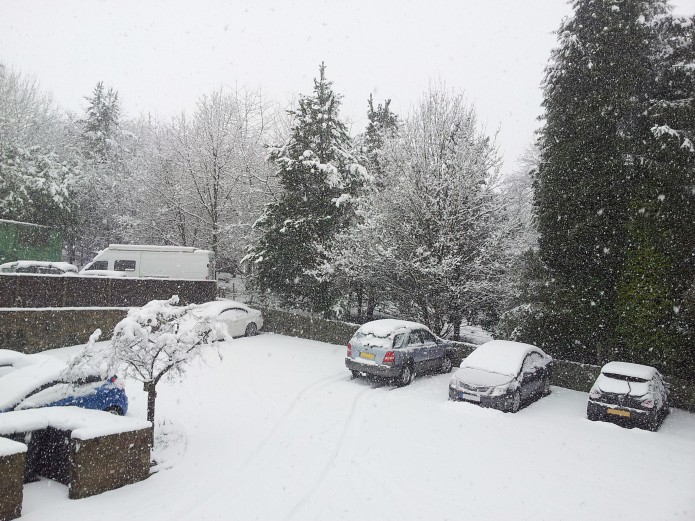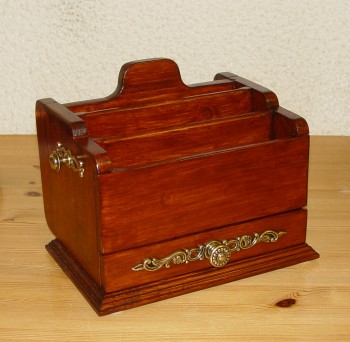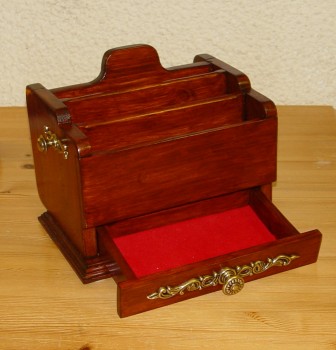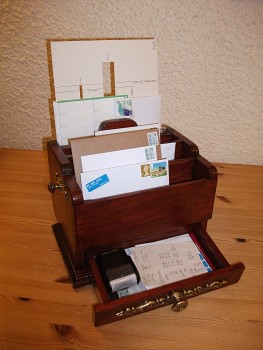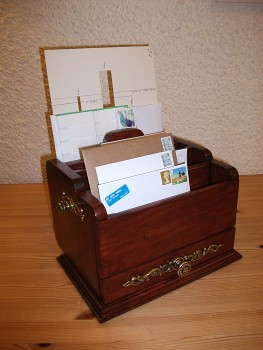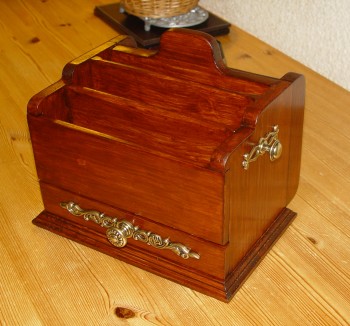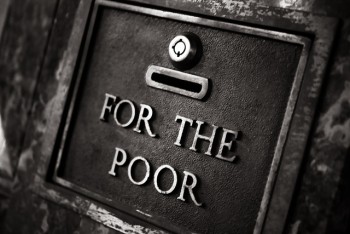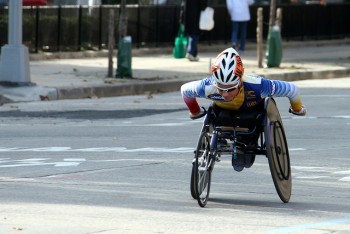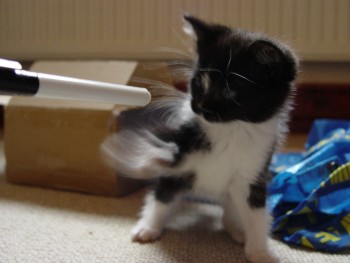Chris broke a tooth on Wednesday while he was eating his lunch. We don’t have a dentist, and aren’t terribly certain how this all works; we had to learn a lot about dentists very quickly. We did what we tend to do: the person who wasn’t broken took charge of the situation. So I tried to calm Chris down, and found him a dentist to go see. I also learned that apparently broken teeth are a common dental problem, according to the many dental practice websites I looked at and friends I spoke with who’d been through it. I also versed myself slightly in dental knowledge, so I’d avoid that feeling I can’t stand of complete cluelessness in preparation for talking to a dentist. I learned more about crowns and fillings in that 24 hours than I ever wanted to!
I’d looked into getting set up with a dentist awhile back, but gotten bamboozled by the apparent complexity and difficulty of it all and put it off. We’ve been very blessed and lucky with good dental health, or at least whatever problems we might have haven’t been apparent to us, so there wasn’t much motivation to navigate the complexity and get this sorted. However, I decided that I’d take this as a wake-up call and get us registered with a dentist while or after sorting out this emergency. Now, I’m going to tell you some about what dentistry is like today in the UK – at least, how to navigate it as a patient, at the beginning.
Kinds of Patients
In the beginning, the NHS covered dentistry the same as it currently covers doctoring: no payment required at point of need (paid for out of everyone’s paycheques instead). At some point, they decided to break dentistry off and treat it differently – and start charging for it.
Currently, there are 3 kinds of dental patients, in terms of how the work is paid for:
- NHS patients who pay nothing.
- NHS patients who pay something.
- Private patients who pay everything.
#1 is a fairly small group – basically those on certain kinds of welfare, those under 18, and pregnant women or those who’ve given birth in the last year. See “Who is entitled to free dental care?” on this page.
#2 is where the rest of us would usually like to end up. Essentially, any course of treatment has a specified co-pay. You’ll pay either £18.80, £51.50, or £222.50 (at the moment; they raise these amounts slightly every year) for your course of treatment. Not per visit – so for a crown, it’s £222.50, but you’ll have to (I think) go in, get a mold made of your tooth, and then go back once the crown is ready to put in. If something went wrong and you went back about that crown, it should still be covered under that one payment.
It seems most NHS patients will get some treatment paid for by the NHS and some they’ll pay for privately (all from their same dental practice), so it’s a mix. It depends on what their priorities are, basically, as each issue comes up.
#3 – This might be your only option at the time you need to get registered with a dentist, depending on what waiting lists are like. The charges for private patients are much higher, but they do give more freedom in what you choose.
I read somewhere but can’t find now, so could be wrong, that the NHS will only cover, for example, a metal crown for a molar; if you want a tooth-colored crown (porcelain, emax, lava, inVision, procera, and many more choices), you’ll need to pay extra for this, or maybe you’ll need to just pay the private cost wholemeal, I don’t know yet. An example I can cite is “the use of tooth-coloured fillings on back teeth is considered purely cosmetic” – so the NHS would only cover amalgam fillings on back teeth, made of “a mixture of metals including mercury, silver, tin, and copper.” As a private patient, you would automatically be asked to choose among all the different filling materials your dentist offers.
As a private patient, you generally have two options:
- Sign up to a membership plan
- Pay as you go
Based on the number of dental practice websites I’ve perused in the last couple of days, what the membership plans seem to have done is take everything they want to have you do annually – one or two exams by the dentist, two or four hygenist appointments, maybe an xray (it’s different from practice to practice) – and add up how much they charge for that, divide it by 12, and tell you that’s the monthly payment for the plan. Then they add in free emergency appointments and some discount on the rest of the work you might need – fillings, crowns, etc – I saw 10% and 20%. You’re still paying vastly more than the NHS patients (#2) – this example would have a full set of upper dentures for £432, versus £222.50 from the NHS. For the difference, you’re usually promised more time and more choice of whatever you want done and materials used.
If you don’t sign up for the membership plan, you can just pay as you go, paying for each of the services as needed. You get no discount, but then you’re not tied to that dentist for a year’s plan, either.
How To Register As A Patient
In all cases, this is what you do as a registered patient. You become one of those by finding a dentist who’s taking new patients and signing up – they’re usually (but not always) taking new private patients, but they only have a certain number of NHS patients they’ll take. Some will have waiting lists going; some will only open registration from time to time, and if you catch them when they do, you’re lucky. Some practices are private-only, but not many.
Your best bet to start with is to look at the NHS Choices Service Search and start phoning the dentists to see if they’re taking on new patients. The website tells you what the NHS knows about who’s taking on new NHS patients, and it was reasonably accurate for us yesterday, but I think it’s best to just phone any that you can get to, build your own list of who’s taking on NHS patients and private patients, and go from there. There are some reviews on that site as well of the practices, which you might find useful.
Then pick one or more practices, and do what you want. We’ve found 4 in reasonable reach that’re taking on NHS patients, so we’ve decided to visit all of them, get a feel for the places as best we can from the property and the waiting area, and then decide which to register with. Near as I can reckon, our first appointments should fall into that £18.80 band; we’ll decide after that whether to carry on with them or keep hunting for a dentist more to our liking.
Mayday! Mayday!
So what do you do when you have a dental emergency? If you’re a registered patient of any sort, you phone up your dental practice, and they fit you in as soon as they can. Same day appointments are rare, it seems – I boggle at these peoples’ idea of the meaning of “emergency”.
If you’re not registered anywhere, or I suppose if your dentist is on vacation or something inconsiderate like that, find the urgent dental care provision for your area. Google something like “urgent dental care” plus the name of your town to find it. In Manchester, the provision is to go to a clinic that runs from 9am to 12noon Mon to Fri, and just sit and wait. You show up as early as you can – doors open at 7:45 – and they’ll triage everyone and try to see you.
Living in Glossop, we could’ve gone to that, but we could also phone an appointment line, 0161 476 9649 from 8am to 6:30pm and 0161 337 2246 outside those hours. I think what happens is the first number opens at 8am with a certain number of NHS emergency appointments available at dentists throughout Tameside, and they make appointments until they run out of slots for the day. Then you’re told to try back the next day.
There’s also a clinic, the George Street Clinic, here in Glossop, that might have seen him had he been in pain and had we phoned them before we sorted out anything else. I didn’t phone them til we were hunting for a regular dentist, and they’re full up for that, but they seemed ready to see what they could do if he needed immediate attention, so I’m noting this here for my own future reference, and anyone in town who might somehow find and read this.
Our Adventure So Far
Chris broke his tooth at 1pm on Wednesday, so the Manchester clinic was closed. I phoned the Tameside appointment line first, and they had no more appointments available that day, so I phoned around to different dentists til I found a private dentist to book an emergency appointment with, and did so. The earliest I could get was 10am on Thursday; the practice I’d have preferred couldn’t book him in til Friday; some wouldn’t see a patient not registered with them at all. Private emergency appointments range in this area from £40 to £100 for that one appointment, but we knew something needed to be done to keep this from turning into an infection and then an abcess, so that was top priority. Thankfully he didn’t have pain, and he could eat.
I’d asked the various dental receptionists what he could do in the mean time before his appointment on Thursday – or some were offering Friday – and the best they could suggest was consulting a pharmacist. On his way home that evening, he did. There’s a kit he could’ve tried – they sell some sort of at-home kit for broken teeth – but there was a possibility that he was allergic to one of the ingredients, so between them, they decided it’d be fine til the next morning’s appointment, and he left it.
I phoned the appointment line back the next morning and managed to get an NHS emergency appointment, so I cancelled the private appointment and we went to our NHS appointment where the dentist had a look and told Chris what he thought (he thinks he needs a crown), and put a plastic cap on to keep out infection, and now Chris can talk correctly, too. Progress.
Remember what I said about the meaning of “emergency” up there? The dentist asked Chris approximately when it happened, and he said, “Yesterday at 1:00.” “Wow, that’s not approximate at all. I’m used to people saying, ‘Oh, a week or two ago.'” Both of our brains broke a bit when he said that – how do you forget that your tooth broke, and how do you leave it that long?! Seems like you’re just begging for an infection and abcess by then!
I’d been under the impression, after reading the NHS website and speaking with that dentist’s receptionist that morning on the phone, that this dentist would then do the job – the crown that Chris needs – but no, he just put the plastic thing in and sent us on our way. After some initial discombobulation (on both my part and the receptionist’s), I’m happy about this: I was tolerated, but not actually included. My husband and I are a team, so this is no place for us.
So then we went to the website above – the receptionist, at least, was helpful, and pointed us there – and started calling around to the different dentists. The first one I called said they are accepting NHS patients for one-off treatments, so I took that to start with, and told them what’s up. We now have an appointment for the 29th with that dentist, so this plastic cap need only last 11 days.
We then found 4 more practices that said they’re accepting NHS patients. We only had time left to make it to one before the close of day, so we went there. It was nice, from what we could tell, so we’ve put our names on the waiting list there – apparently it’s just a few weeks long at the moment. By the time they call, we’ll have been by the others, and be able to tell them to go on to the next people if that’s what we decide.
Thankfully catchment area’s not an issue with dentists now – it used to be that you could only go to certain dentists, based on where you live, but now you can choose any dentist. (Catchment area’s still an issue with doctors, though.) This is whether you go as an NHS patient or as a private patient. This is really good, because we only have five dentist practices in Glossopdale; 2 have treated Chris extremely poorly in the past, 1 gives me a very bad feeling, 1 has bad reviews I have trouble ignoring, and 1 has recently put someone we know on their waiting list and told her it’ll be a year. Out of town it is, then!
So that’s where we’ve been, and where we are. Wish us luck!
![]()
![]()


